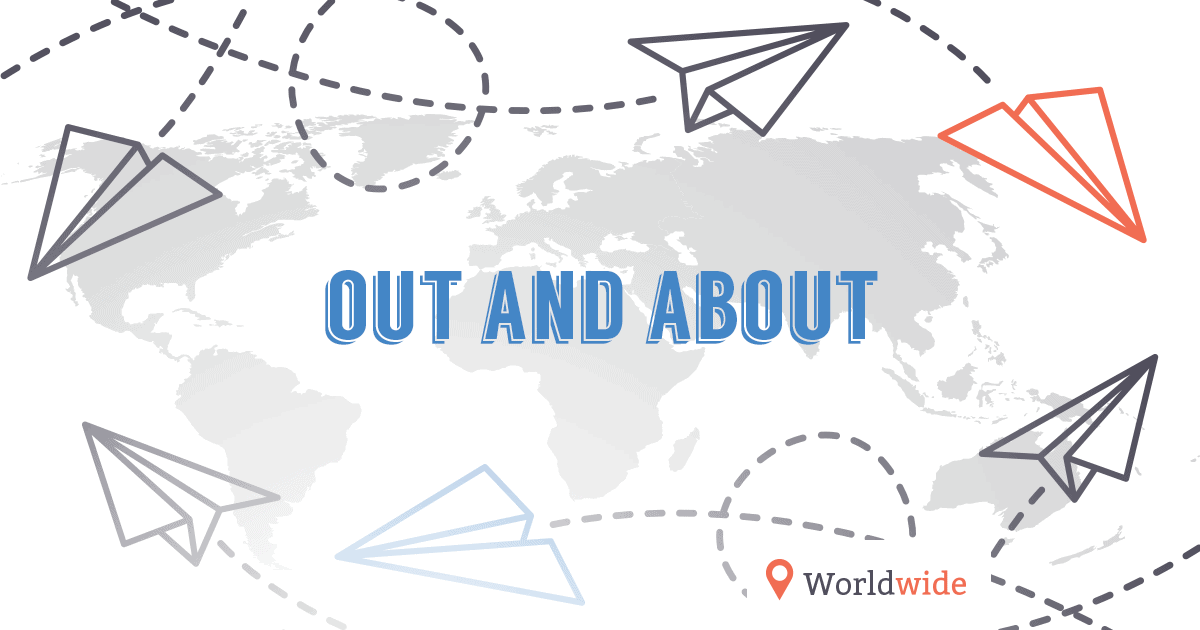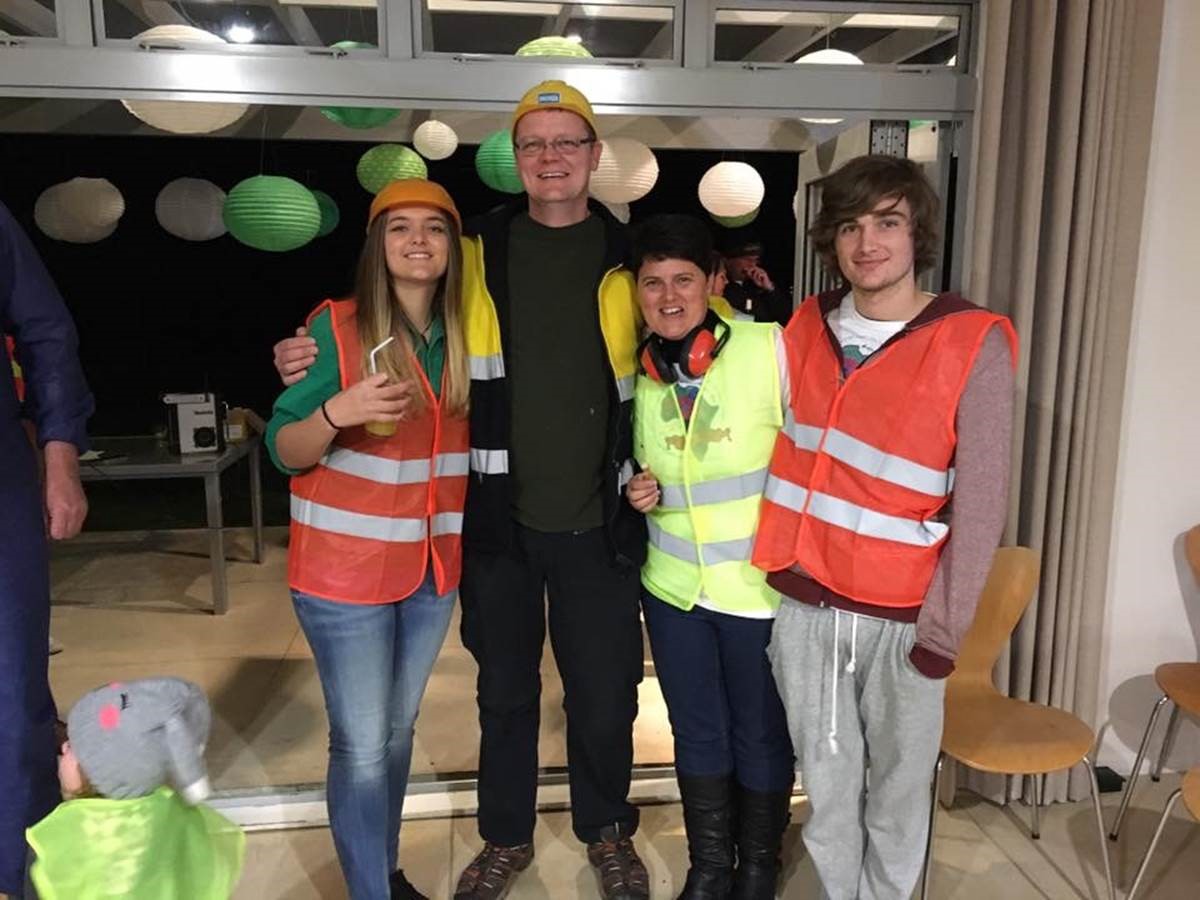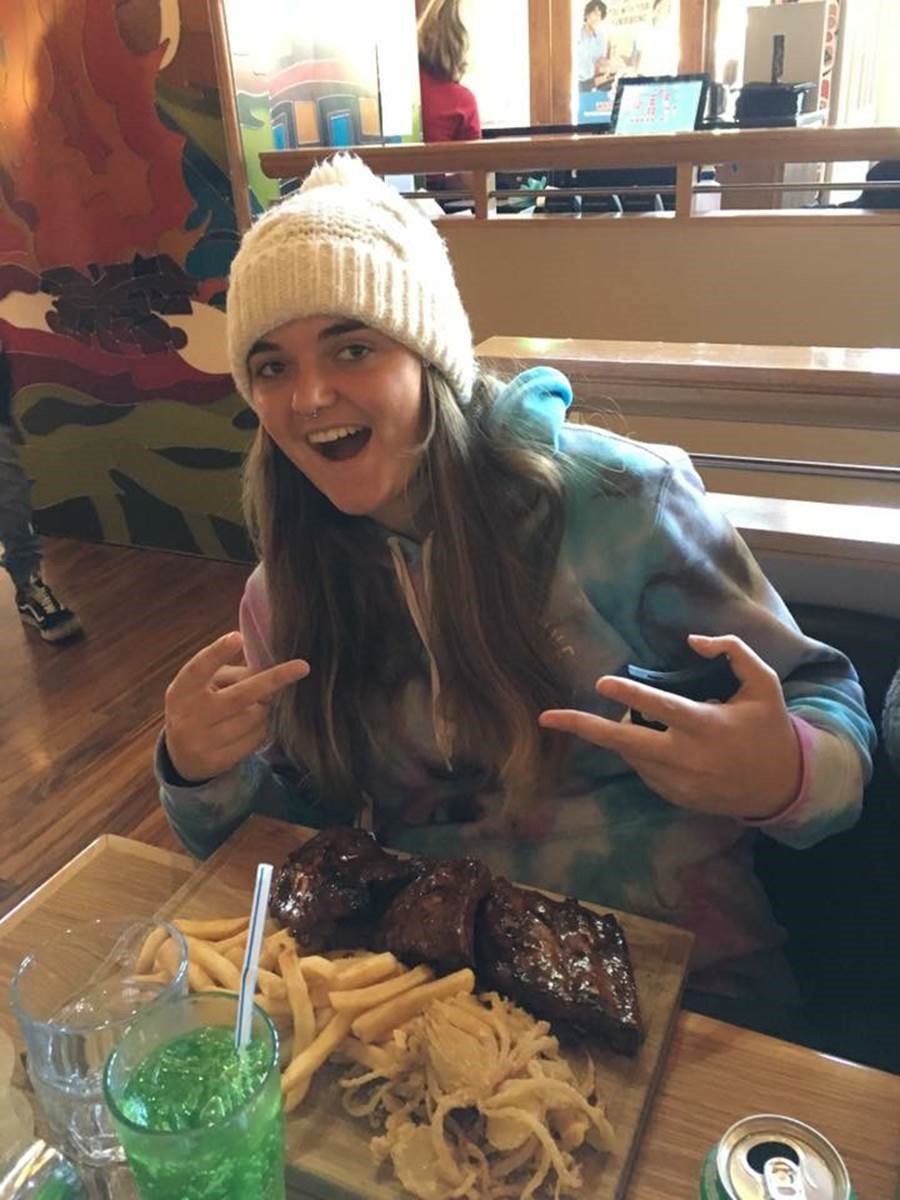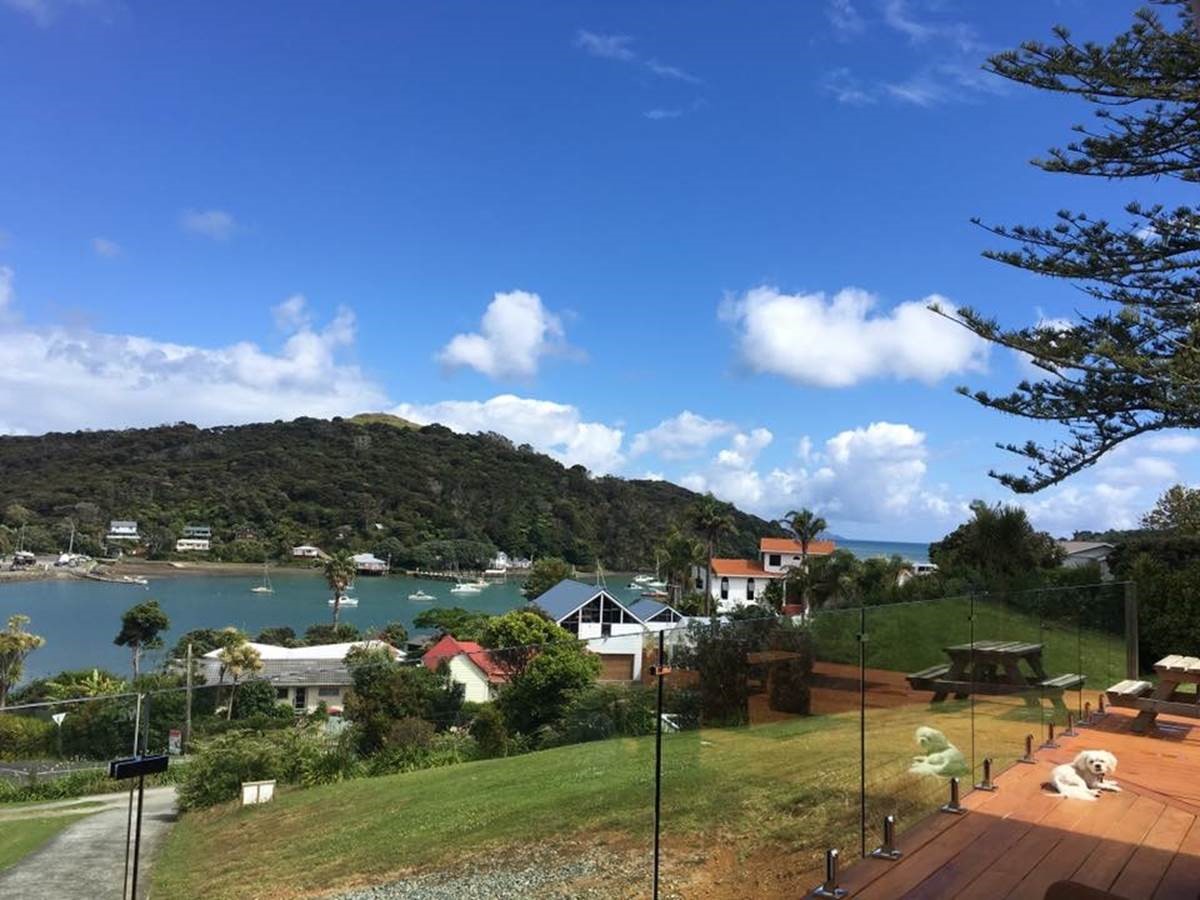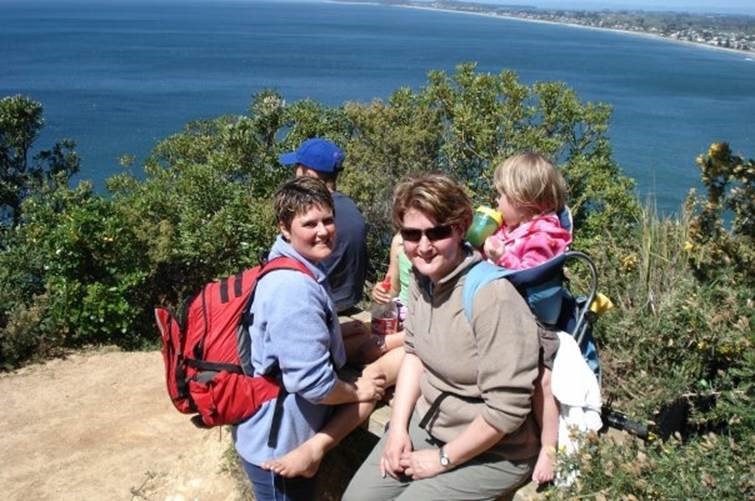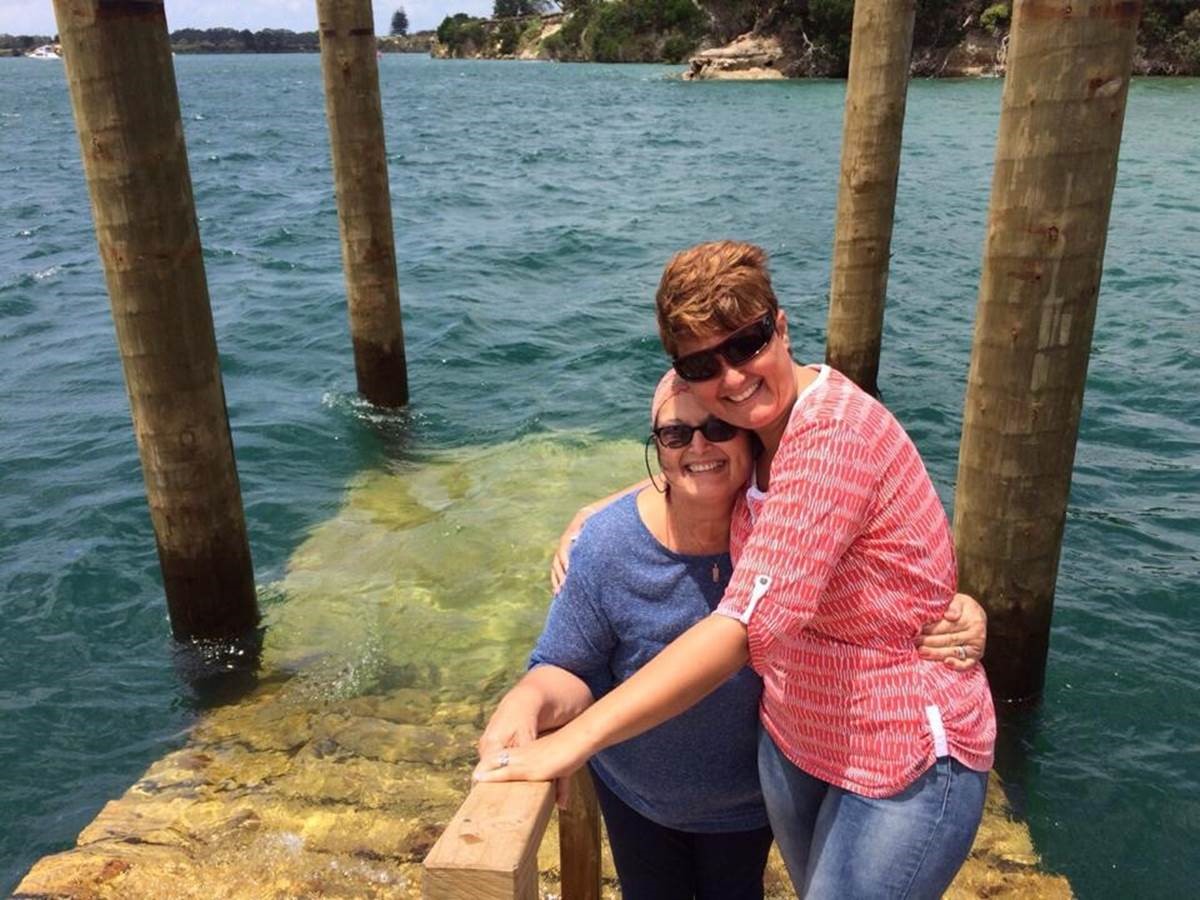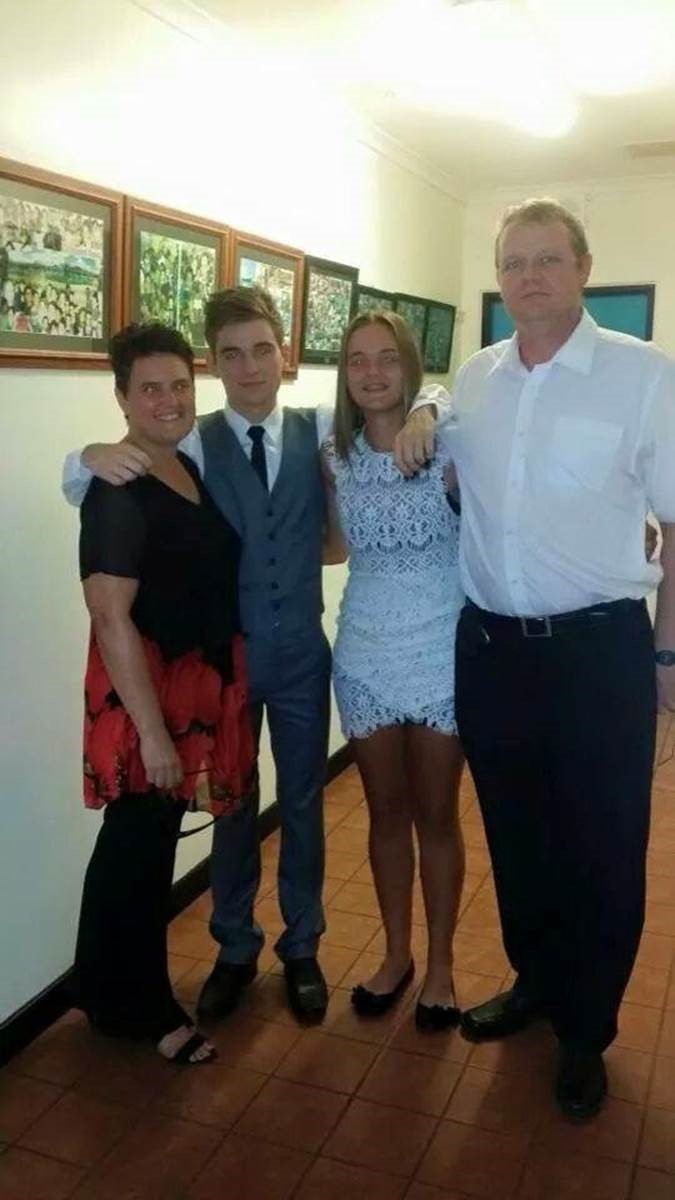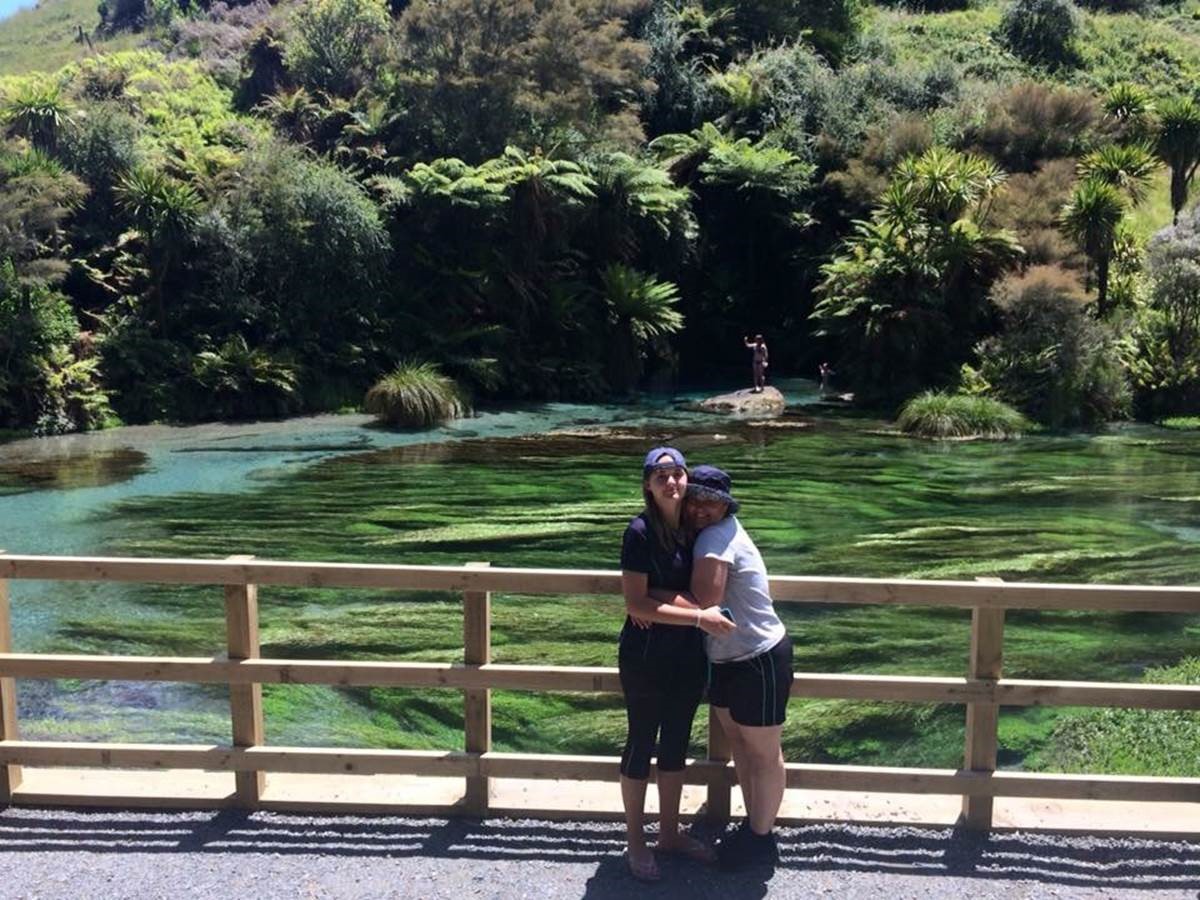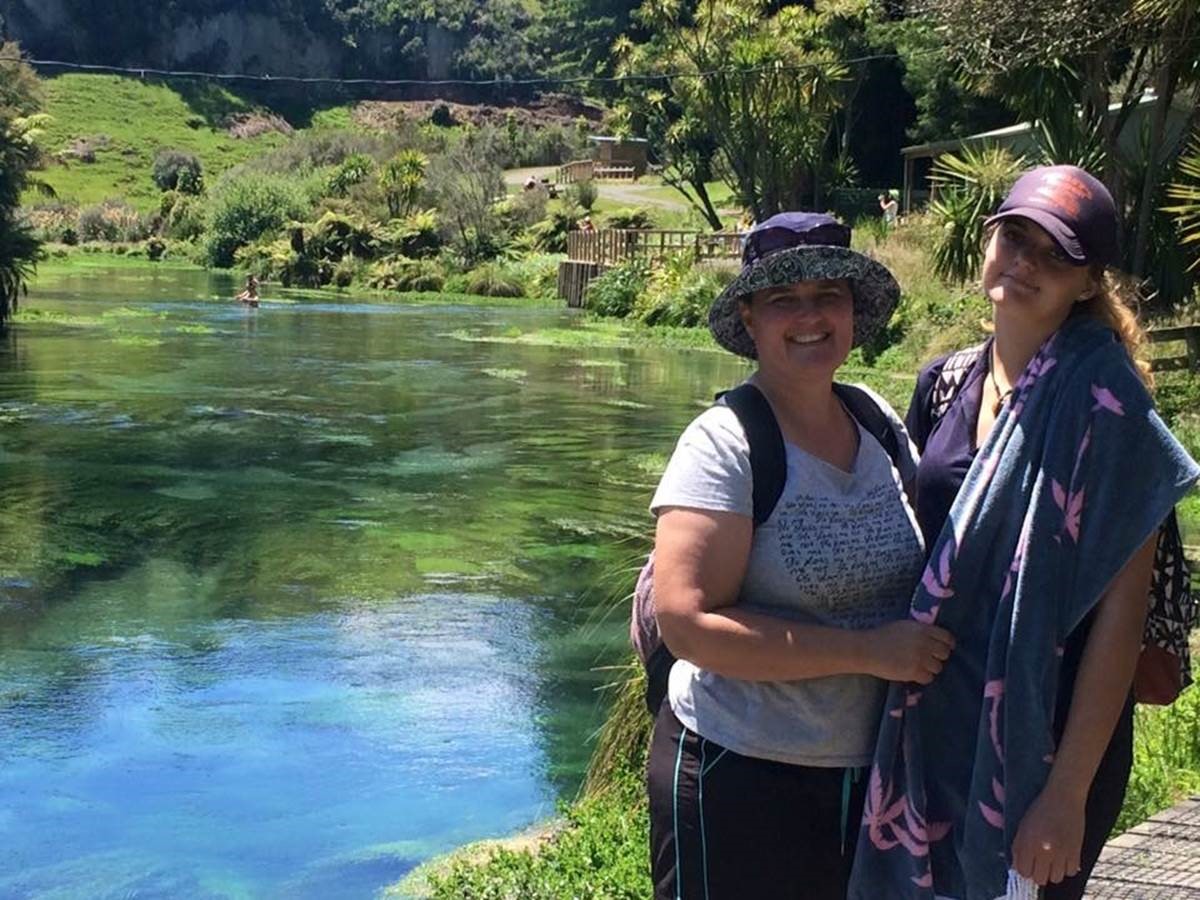Out and About is a column where we talk to people currently living abroad, or who have previously lived and worked abroad. This week we chat to Charlé Klopper, who lives in Mangonui, New Zealand.
Where do you live and why there?
We live in a small coastal village called Mangonui in the far north of the North Island. My husband and I have always wanted to live at sea, and we like the nice weather in the north.
Was it difficult to find your feet in a new country?
The adjustment was the hardest for me. The mother always suffers the most with immigration. Usually the families come across with a job offer for the man, so he starts working immediately; and usually the children start school; but the mother stays at home. All alone. And suddenly you have to clean and cook without a domestic worker’s help. Luckily, I soon made friends with another South African woman who immigrated six months before us and we are still friends. Our families see each other regularly and they are now like family.
Tell us more about your family.
My husband Tobie was born in South Africa and had a job offer to milk in New Zealand. Farming in New Zealand is very different from South Africa – here the farmer does everything himself! After two years, he wanted to study again and decided on nursing. He is now a nursing practitioner. We have two children: Lukas is 21 and Talita is 18. Lukas was 7 and Talita was 4 when we immigrated.
Do you still speak Afrikaans?
We speak Afrikaans only at home. The children speak English when they’re alone.
How often do you see your family?
We see our family in South Africa every two to three years, which is not enough. We are fortunate that my brother and Tobie’s brother, sister and their families have also immigrated in the meanwhile, so we see them regularly.
What was the weirdest to get used to?
The different products and what they are called here. In South Africa, we use Jik; here it is Bleach. In South Africa we had Handy Andy; here we have Jif. Pritt is called Glue Stick here, and kokis are ‘felts’. Prestik is Blu Tack, tackies are ‘sneakers’, and a bakkie is a ‘ute’.
Do you still have contact with South Africa and will you ever come back?
We visit as often as we can, but as mentioned before, it is not enough and we really miss our family and friends. We don’t think we’ll return to South Africa, but never say never. South Africa stays in your blood and our hearts are still there.
What do you enjoy most about your life in New Zealand?
Feeling safe. We don’t have to lock our doors when we go to work in the morning. I don’t lock my car at work. I go shopping and put my handbag in the trolley without worrying that it will be stolen. We feel that our money is worth something. And the best is that you get a salary every two weeks!
How do living costs compare to that in South Africa?
It’s hard to say, but when we visit South Africa, it seems that eating out is much cheaper there than it is here in New Zealand. When my husband studied, we received state aid, and we could afford to buy our first house during that time, even though we only had one salary.
Was it easy to make new friends and become part of the community?
Our first good friends were South Africans, but we soon made Kiwi friends and became part of the community. The cultures are different, so it takes a while to get used to it.
What is the biggest difference between life in New Zealand and South Africa?
In South Africa I always had a domestic worker and gardener; in New Zealand you have to do everything yourself. Children learn from an early age to help in the house. The schools put no pressure on the children. Every child progresses at his/her own pace, and they do not get any homework before they are in high school. They begin writing exams in Year 10. The children don’t partake in sports at school but at clubs. The coaches are parents. Most of the rugby and netball matches are played in pouring rain, so it was a big adjustment.
What does your typical day look like?
We get up between 06:00 and 07:00, have a cup of tea, and get ready for work. I start working at 09:00. I am a kindergarten manager, so my day involves working with parents, teachers and children. I usually finish between 16:30 and 17:00 in the afternoons, and then I sit on my stoep, drinking tea while enjoying the beautiful sea view. My husband and I make supper together, and by 21:00 we go to bed. Over weekends, we keep ourselves busy in and around the house. I like painting, and we walk the dogs on the beach. During the summer, we often swim in the sea after work.
What do you miss most about South Africa?
I miss the colour of South Africa. It always strikes me how colourful South Africa is when we arrive at the airport. New Zealand is very green and beautiful, but South Africa has a charm and diversity that few other countries have. Of course we miss our family there the most.
Share on
Latest articles



